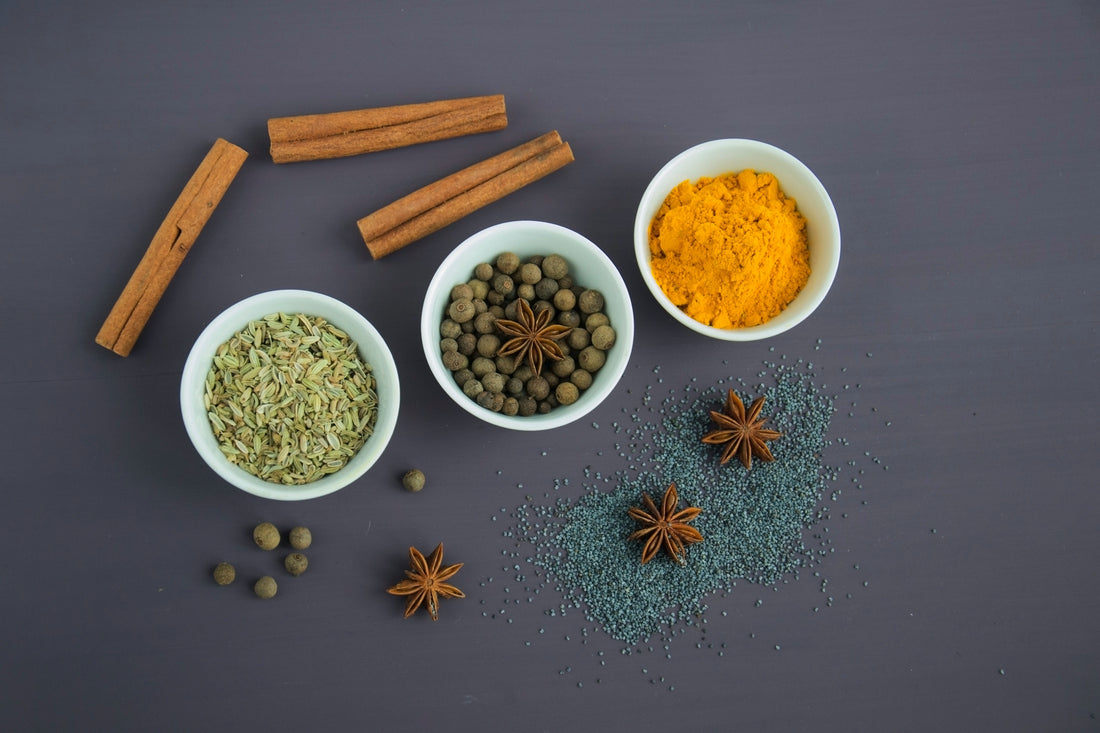What is Ayurveda?
Ayurveda is an ancient holistic healing system that originated in India over 5,000 years ago. Its primary aim is to promote health and well-being by balancing the body's energies, known as doshas, through diet, herbal remedies, and other holistic practices.
What are the three main doshas in Ayurveda?
The three main doshas in Ayurveda are Vata, Pitta, and Kapha. These doshas represent the various energies and elements within the body, and their balance is crucial for maintaining overall health.
How can I determine my Ayurvedic dosha type?
To determine your Ayurvedic dosha type, you can consult with an Ayurvedic practitioner, who will assess your physical and emotional characteristics. Alternatively, you can take an online quiz or use Ayurvedic literature to help identify your dominant dosha.
What role does diet play in Ayurveda?
A balanced diet is crucial in Ayurveda, as it is believed that food can impact the balance of the doshas. Each dosha has specific dietary guidelines and recommendations to help maintain equilibrium and promote optimal health.
How does Ayurveda treat illnesses?
Ayurveda treats illnesses by addressing the root cause and restoring balance to the body's energies. This typically involves a personalized plan that may include dietary changes, herbal remedies, lifestyle adjustments, and detoxification treatments.
Are Ayurvedic treatments safe?
When administered by a qualified Ayurvedic practitioner, treatments are generally considered safe. However, it's essential to consult with a professional before starting any new treatment or herbal supplement to avoid potential side effects or interactions.
Can Ayurveda be used alongside conventional medicine?
Yes, Ayurveda can often be used alongside conventional medicine to complement and enhance treatment outcomes. It is essential, however, to discuss your Ayurvedic treatment plan with your healthcare provider to ensure there are no contraindications or potential interactions.
What is Panchakarma?
Panchakarma is a comprehensive detoxification and rejuvenation process in Ayurveda that involves five therapeutic procedures. It is designed to cleanse the body of accumulated toxins and restore balance to the doshas, promoting overall health and well-being.
Can Ayurveda help with stress and anxiety?
Ayurveda can be beneficial in managing stress and anxiety by addressing the underlying imbalances that contribute to these conditions. Practices such as meditation, yoga, and pranayama (breathing exercises), along with dietary and herbal recommendations, can help promote relaxation and improve mental well-being.
How can I find a qualified Ayurvedic practitioner?
To find a qualified Ayurvedic practitioner, you can search online directories, ask for recommendations from friends or family, or consult with your healthcare provider. It's essential to choose a practitioner with a reputable certification and experience in the field to ensure you receive safe and effective treatment.

